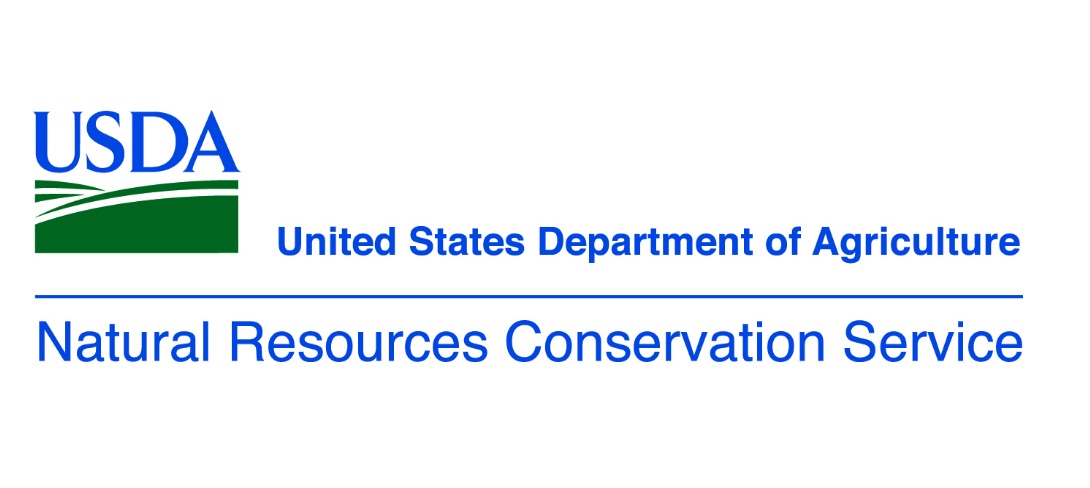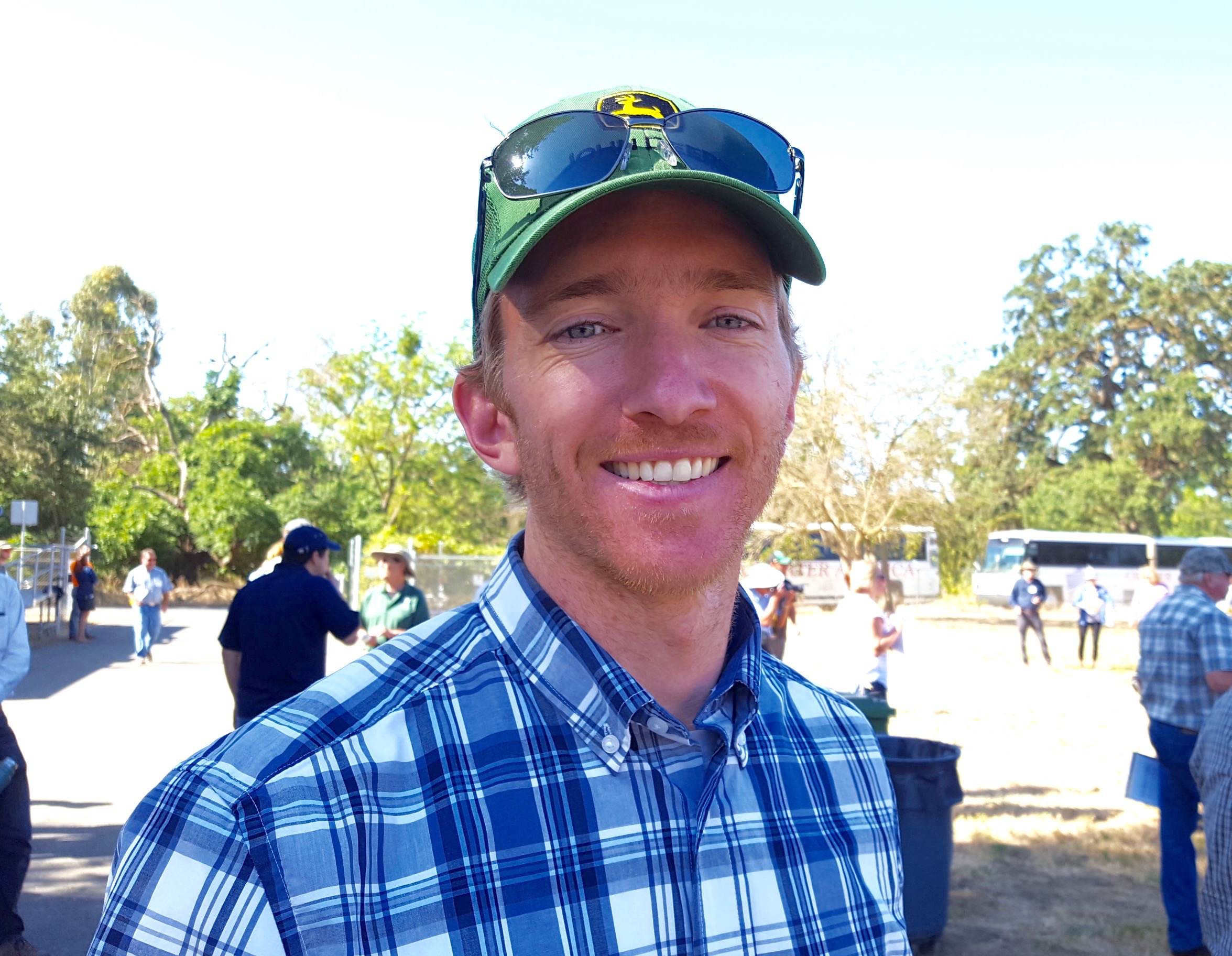USDA NRCS Works To Increase Diversity
NRCS Conducts Outreach for Diversity
By Emily McKay Johnson, Associate Editor
The United States Department of Agriculture (USDA) Natural Resources Conservation Service (NRCS) works with local growers across America to conserve the nation’s soil, water, air and other natural resources. Elisabeth “Elise” Miller, is an area engineer for the entire Southern California region. “I also serve my agency as the NRCS-California LGBT Special Emphasis Program Manager, a collateral duty that I perform on several levels to increase diversity,” said Miller.
“First, I work to educate employees within my agency, to make them better informed and more in tune to language,” Miller explained. “Then, I work to get a more diversified workforce within the USDA,” she added, to make the organization stronger and better.
“My efforts might include going to a university,” she elaborated, “trying to tie in with their resource center and encouraging more people who identify as LGBT to apply for federal jobs. Our colleges, the University of California (UC) and the California State (Cal State) University system, have a lot of really good, positive and powerful resource centers that I’m hoping will continue to help us with our outreach and pull more people in who want to work for us.”
“Certainly we do have human resources,” commented Miller. “And we do a lot of outreach. With California being so large and so diverse,” Miller said, “it is hard to reach out to everybody. We have to start with the big UC schools first. We also try to reach out to universities such as Fresno State, Cal Poly, San Luis Obispo or Pomona or UC Davis, or Humboldt State. Those would be schools that certainly we want to outreach to and try to bring more of those graduating students in under our fold.”
“My agency is a very technical agency,” said Miller. “We work on conservation-type issues—resource issues that farmers, ranchers or private landowners might deal with—requiring an agronomist, biologist or soil scientist. I often go out with a multi-disciplinary team and meet with a farmer, rancher, or just a landowner.”
“Every farmer I meet has some kind of issue,” Miller commented, “whether it’s pest management, whether it’s dealing with manure management or an erosion issue that’s going on. If they have a hillside orchard, they have to deal with that.”
“And obviously they focus a lot on drought management and water conservation,” Miller explained, “A lot of these farmers of course are forced to use groundwater, which is depleting the groundwater sources and may be causing irreparable damage.
We work cooperatively to try to help them resolve their land issues. That’s what I like about my agency—that we’re invited there. We’re not there to push a regulation. We’re there to help them to better manage. They always maintain control of their decision making. We try to give them options available and we have cost share programs to assist them, if something is identified. We work towards developing conservation plans on the property.”
The agency is also responsible for the soil survey work. “We map the soils five feet deep,” said Miller, “to gather information, resource information, which has worked fantastically well for a farmer to know what kind of soil he’s dealing with. It may make a difference on how a farmer irrigates. It may be why he’s having a problem with a crop or many other areas that could be helpful to them.”
“We are in the community. We’re very much aware; we know who the farmers are, we know what the issues are and we work with farmers to try to address their land problems. We don’t just pop in and then pop out,” Miller said.
The United States Department of Agriculture (USDA) Natural Resources Conservation Service (NRSC) works with local growers across America to conserve the nation’s soil, water, air and other natural resources with voluntary programs and science-based solutions that benefit both the landowner and the environment.













